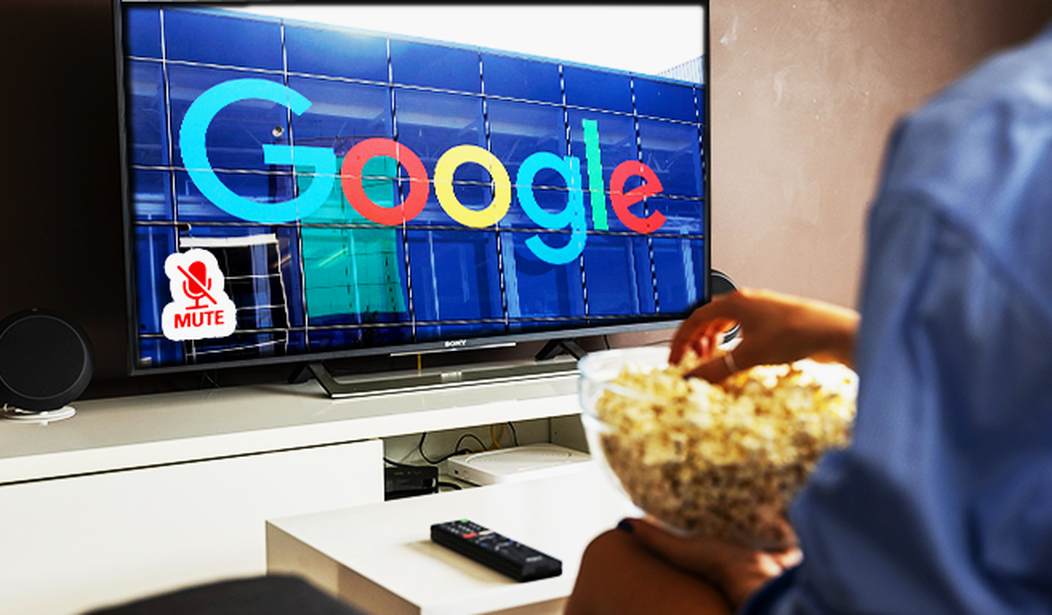When I moved into my first very-own, just-me apartment in the summer of 1980, one of the things I had to do was to have a telephone installed. In those days, that didn't take a lot of shopping around, as there was only one game in town: Northwestern Bell. I signed up, and in due course, I was delivered an enormous, heavy, black, rotary-dial desktop phone, which I leased from Northwestern Bell, and I was ready to make and receive calls. Unlike today, that's all one could do.
A couple of years later, though, the Bell System monopoly was broken up by the federal government. Being only 20 and having a limited understanding of what was really going on here, I asked my older sister, who at the time was a Yellow Pages sales rep for Bell. She put it simply enough: I was about to have a lot more choices in phones and services. It was an interesting case study; an old, moribund, complacent monopoly broke up, resulting in a rush of innovation that was really good for the consumer and, in fact, may well have led, in part, to today's cellular and smartphones.
Something similar may now be about to happen with a major internet company — Google.
A bid to break up Alphabet Inc.’s Google is one of the options being considered by the Justice Department after a landmark court ruling found that the company monopolized the online search market, according to people with knowledge of the deliberations.
The move would be Washington’s first push to dismantle a company for illegal monopolization since unsuccessful efforts to break up Microsoft Corp. two decades ago. Less severe options include forcing Google to share more data with competitors and measures to prevent it from gaining an unfair advantage in AI products, said the people, who asked not to be identified discussing private conversations.
Google is, of course, the 800-pound gorilla in the search engine world, to the point where the company's name has become a generic verb for looking up anything on the internet; it's common parlance, in which someone will say, "You want to know about (insert subject)? Google it."
That turn of phrase may soon be as obsolete as rotary-dial telephones.
See Related: Do Not Pass Go: Federal Court Rules Google Is an Illegal Monopoly
House Republicans Go After Google for Suppressing Information on Trump Shooting
One way that this may happen would be Google's release of the near-ubiquitous Android operating system, widely used in smartphones.
Divesting the Android operating system, used on about 2.5 billion devices worldwide, is one of the remedies that’s been most frequently discussed by Justice Department attorneys, according to the people. In his decision, Mehta found that Google requires device makers to sign agreements to gain access to its apps like Gmail and the Google Play Store.
Those agreements also require that Google’s search widget and Chrome browser be installed on devices in such a way they can’t be deleted, effectively preventing other search engines from competing, he found.
This required me to actually look at my own smartphone, a Samsung Galaxy. I remember when I got the phone, I had to sign into Google to activate most of the phone's features, and sure as shooting, the Chrome browser and the Google search app are on there, although I don't think I've ever used either.
The breakup of Google, if indeed it happens, may be as impactful as the breakup of the Bell System. Like all the Baby Bells that sprung up in the early '80s, a thousand internet flowers may well bloom — or they may not. But whatever happens, it looks like Google will no longer be the internet-dominating colossus it is now.
Normally, mind you, I'm adamantly against the government interfering in business. Even so — a lot of good came out of the breakup of the Bell system. A lot of good may come of this as well — but as of this moment, about that, all we can do is speculate. But soon, we may have a lot more options for when we want to reach out and touch someone.














Join the conversation as a VIP Member